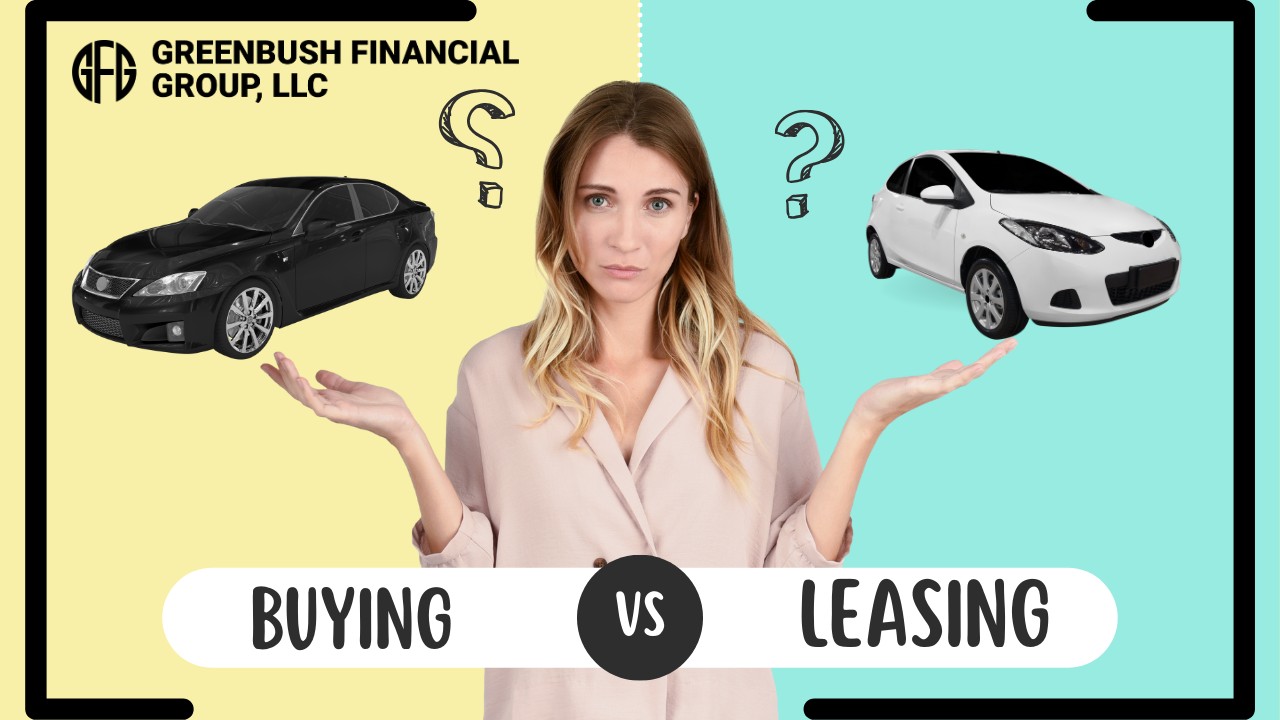The decision of how to acquire your next car – whether to buy it outright, finance it, or lease it – is a significant financial one, particularly in a market like Germany, known for its robust automotive industry and often higher vehicle prices. There’s no universal “best” option; the ideal choice hinges on a confluence of individual circumstances, including your driving habits, financial goals, desired flexibility, and even your personal relationship with car ownership. A truly knowledgeable approach requires a meticulous examination of the financial implications and lifestyle benefits associated with each alternative.
**Buying a car**, whether with cash or through a loan (Finanzierung), provides the undeniable benefit of **ownership**. This means that once you’ve paid off the vehicle, it’s yours. There are no ongoing monthly payments, and you have complete freedom to drive as many kilometers as you wish, modify the car to your liking, and eventually sell it at a time of your choosing. For those who prioritize long-term value and the ability to control their asset, buying is often the preferred route. In Germany, buying a used car can be particularly attractive, as the market is large, and vehicles are generally well-maintained due to strict technical inspection regulations (TÜV). Furthermore, when you buy, you build equity in the asset; while cars depreciate, there is still a residual value that belongs to you, which can be leveraged for your next vehicle purchase or simply provide a lump sum of cash.
However, buying a car, especially a new one, comes with significant financial implications. The upfront cost can be substantial, requiring a large cash outlay or a loan that incurs interest. This ties up capital that could potentially be invested elsewhere. Moreover, buyers bear the full brunt of **depreciation**, which is particularly steep in the initial years of a new car’s life. A new car can lose 20-30% of its value in the first year alone. Additionally, as an owner, you are fully responsible for all maintenance, repairs, and the annual vehicle tax (Kfz Steuer) based on engine size and CO2 emissions. While new cars come with a manufacturer’s warranty (Gewährleistung), older vehicles can quickly accrue unexpected repair costs, becoming a significant financial drain. For a buyer, the long-term cost of ownership, encompassing purchase price, interest, taxes, insurance, maintenance, and fuel, needs to be meticulously calculated.
**Leasing a car**, on the other hand, is essentially a long-term rental agreement. You pay a monthly fee for the use of a vehicle for a set period, typically 24 to 48 months, and a predetermined annual mileage limit. At the end of the lease term, you return the car to the leasing company. This option holds considerable appeal for those who desire the experience of driving a new car every few years without the commitment of ownership or the burden of depreciation. **Lower monthly payments** are a primary attraction of leasing compared to financing a purchase, as you’re only paying for the depreciation of the vehicle during the lease term, not its full purchase price. This can free up cash flow for other financial goals.
Leasing in Germany also offers other distinct advantages. For example, it provides **planning certainty** regarding monthly costs, as maintenance and warranty packages can often be bundled into the lease agreement, leading to predictable expenses. This can be particularly appealing for individuals or businesses that prefer to budget precisely for their vehicle costs. Furthermore, with leasing, you are not responsible for the **residual value risk**; that burden falls on the leasing company. This eliminates the worry of a car’s value plummeting unexpectedly or the hassle of selling a used vehicle. For business owners, leasing can also offer **tax advantages**, as monthly leasing installments and special upfront payments can often be deducted as operating expenses, providing a means to reduce taxable income.
However, leasing comes with its own set of drawbacks. The most significant is the **lack of ownership**; you build no equity in the vehicle. At the end of the lease, you have nothing to show for your payments, unless there’s a purchase option (which might be less financially attractive). **Mileage restrictions** are another major consideration; exceeding the agreed-upon annual limit can result in substantial penalty fees. Similarly, excessive “wear and tear” beyond what’s considered normal can lead to additional charges upon return. Flexibility is limited, as breaking a lease early can be costly. For a private individual, the direct financial benefits of leasing, particularly tax advantages, might not be as pronounced as for a business, making a thorough comparison of total costs crucial.
Ultimately, the choice between buying and leasing boils down to a blend of financial priorities and lifestyle preferences. If you prefer long-term ownership, drive many kilometers, and want the freedom to modify your vehicle, buying, possibly a well-maintained used car, is likely the more sensible option. You absorb the depreciation but gain a tangible asset. If, however, you value lower monthly payments, enjoy driving the latest models, prefer predictable costs, and are comfortable with mileage limits and not owning the vehicle, then leasing offers a flexible and convenient alternative. For German residents, specifically exploring the nuances of company car leasing for tax benefits, or understanding the structure of financial vs. operational leases, can further refine this decision. A thorough financial calculation, considering total cost of ownership over your anticipated period of vehicle use, coupled with an honest assessment of your driving habits and financial flexibility, will illuminate the best path for your next car acquisition.




